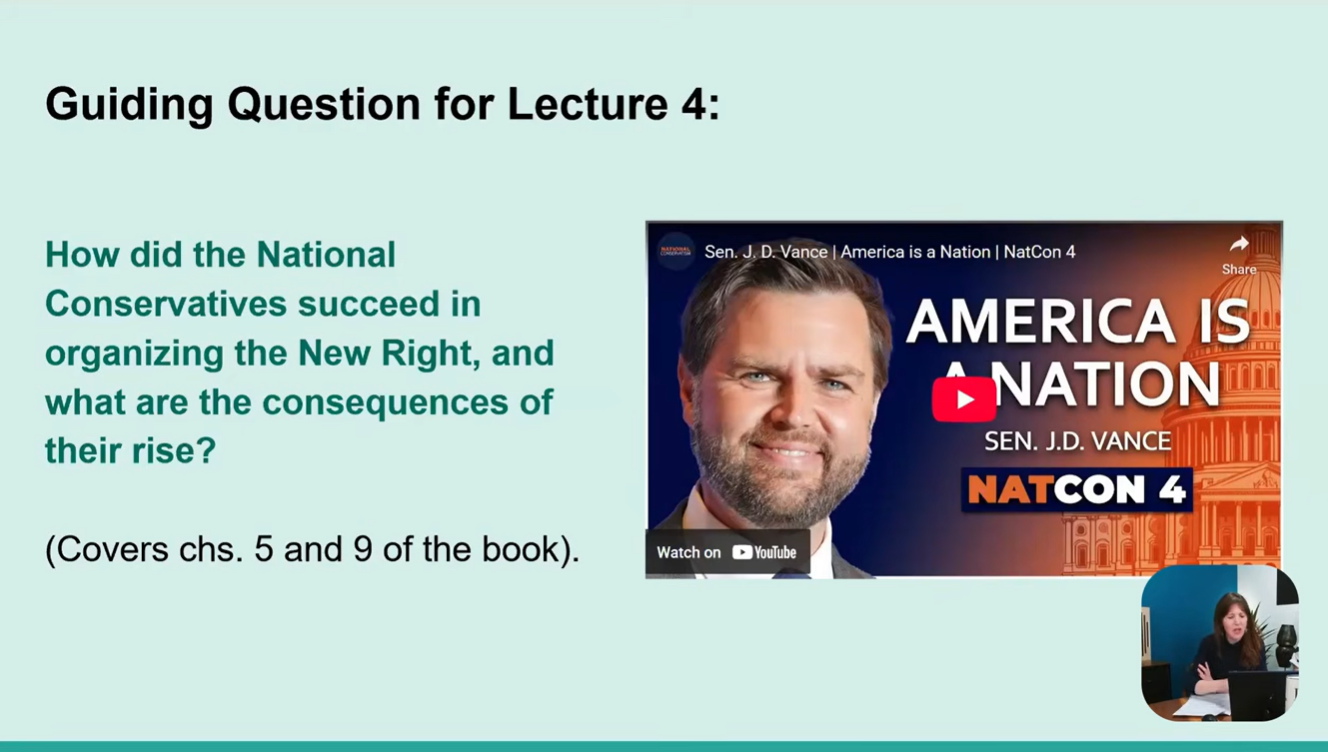The Week That Was: All of Lawfare in One Post
On Friday, the Office of the Director of National Intelligence, the Department of Homeland Security, the FBI and the Department of Justice released a statement highlighting the ongoing threat posed by foreign interference in the U.S. election. Victoria Clark posted their joint statement.
On Friday, the Office of the Director of National Intelligence, the Department of Homeland Security, the FBI and the Department of Justice released a statement highlighting the ongoing threat posed by foreign interference in the U.S. election. Victoria Clark posted their joint statement. A few hours later, the Justice Department unsealed a criminal complaint (shared by Matthew Kahn) against a woman named Elena Khusyaynova, who allegedly acted as the chief accountant for Project Lakhta, a conspiracy to use social media to sow discord in the U.S. political system. Victoria Clarke, Mikhaila Fogel, Susan Hennessey, Quinta Jurecic, Matthew Kahn, and Benjamin Wittes offered a summary of the criminal complaint and thoughts on what it could mean for the broader investigation of Russian interference in U.S. elections.
Nathan Swire summarized a recent Government Accountability Office (GAO) report on the vulnerability of Department of Defense weapons system to cyber attacks, and Megan Reiss presented some legislative solutions to the problems detailed by the GAO.
Tamara Cofman Wittes created a guide for understanding the swirling rumors around disppeared Saudi journalist Jamal Khashoggi. And Scott R. Anderson provided an analysis of what international law can tell us about the Khashoggi investigation, and why Turkey isn’t doing everything it can to investigate Khashoggi’s disappearance.
On Wednesday, a senior employee at the Treasury Department’s Financial Crimes Enforcement Network (FinCEN) was arrested and charged with unlawfully disclosing Suspicious Activity Reports (SARs) and conspiring to do the same. Mikhaila Fogel shared the criminal complaint in the case.
Jessica Marsden considered whether or not President Trump’s tweets led prosecutors to seek the death penalty for Sayfullo Saipov, and what the responsibility of the courts should be in resisting presidential influence in criminal matters.
Stephen Bates, Jack Goldsmith, and Benjamin Wittes explained the historical and contemporary importance of the coming release of the Watergate “Road Map.”
This week in cybersecurity, Lyu Jinghua analyzed the Pentagon’s Cyber Strategy from a Chinese perspective, finding that the aggressiveness of the document may lead to increased insecurity and instability.
Nicholas Weaver argued that regardless of the accuracy (or lack thereof) of Bloomberg Businessweek’s supply chain hack article, the U.S. government should re-evaluate its procurement policies.
Elaine Korzak and Herb Lin proposed on Wednesday that the International Committee of the Red Cross provide a model for a new international organization that would provide neutral, impartial, and independent assistance to victims of serious cyberattacks. Also on Wednesday, Rachel Brown and Wenqing Zhao posted the newest SinoTech article, covering Vice President Pence’s statement about Chinese intellectual property practices, backlash against the Bloomberg report on spy chips, and other U.S.-China tech policy and news. And Stewart Baker posted this week’s edition of the Cyberlaw Podcast, a conversation with the chief legal officer of GCHQ, the British counterpart to NSA:
On Tuesday, J. Dana Stuster posted this week’s Middle East Ticker, covering President Trump’s reaction to the disappearance of journalist Jamal Khashoggi, and rebel groups’ refusal to withdraw from the buffer zone in Idlib.
Caitlyn Yates assessed Venezuela’s economic collapse, and the resulting mass migration and potential refugee crisis it has caused.
In this week's Foreign Policy Essay, Gunther Hellmann analyzed Germany’s strategic repositioning in Europe, and how the U.S.’s deteriorating relations with Europe have changed Germany’s role in the region.
Jen Patja Howell posted this week’s episode of Rational Security, covering the foreign policy crisis that Jamal Khashoggi’s disappearance has created, potential Iranian plans for attack in Europe, and U.S. expansion of foreign aid to counter China’s influence:
Sarah Grant provided a summary of last week’s military commissions, focusing on the reversal of the abatement in United States v. al-Nashiri.
Benjamin Farley considered the Trump administration’s influence on Periodic Review at Guantanamo Bay.
On Thursday, Nathaniel Sobel took a look at how courts are interpreting the Supreme Court’s decision in U.S. v. Carpenter. In other Supreme Court news, Peter Margulies assessed the oral arguments in Sessions v. Preap, and the three possible outcomes that arise from the case.
Darren E. Tromblay argued that the FBI’s criminal justice information services division should belong within the DHS, given the DHS’s role as the connection point for federal and sub-federal agencies.
Jen Patja Howell posted an episode of the Lawfare Podcast on Tuesday, an Oct. 3 panel discussion at Brookings on the rule of law—a discussion that included Rep. Adam Schiff, former DEA head Chuck Rosenberg, and former NSD chief Mary McCord:
In June, former Senate intelligence committee security director James Wolfe was indicted on three counts of making false statements to federal investigators. On Monday, Wolfe made a plea deal with the Justice Department. Matthew Kahn shared both the Statement of Offense and the Plea Agreement in the case.
Eliot Kim provided a comprehensive summary of the Justice Department’s policy on the disclosure of foreign influence operations; Mikhaila Fogel shared the Privacy Oversight Board’s report on Presidential Policy Directive 28: Signals Intelligence Activities (PPD-28).
Robert Chesney and Steve Vladeck posted this week’s National Security Law Podcast, focusing narrowly on happenings at the military commissions, and Aram Roston’s explosive Buzzfeed report on American mercenaries in the Middle East:
Bob Bauer assessed the unintended consequences of enshrining norms in law, and how presidents’ responses to changes in the legal structure.
And Gabriel Schoenfeld reviewed Greg Miller’s new book, “The Apprentice: Trump, Russia and the Subversion of American Democracy,” which helps us analyze the two competing narratives about Russian influence in the 2016 election.
And that was the week that was.




